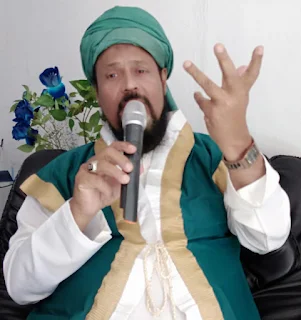Towards a Political Revivification-I
The
Muslim world discovered over the 15th century of the Hegira,
especially during the last fifteen years, a political revival. This is evident,
at least in form, both internationally and locally. From Baghdad (in Iraq) to
Beirut (in Lebanon) via Riyadh (in Saudi Arabia) and Ramallah (in Palestine),
the time seems to have come, or will come, for the people to verily choose, the
democratic process that is still in its infancy [as we say in Creole, it is
still in ‘kindergarten’, in a trial and error course], as if the heads of
state, the leaders do not want the people to come up front to practice true
democracy. The free practice of democracy is not yet fully liberated.
For
example, Palestine till today does not have a democratic system where people
can freely elect their President. From the start of Yasser Arafat’s reign in
1989 until his death in 2004, and now even after his death after Mahmoud Abbas
became the ruler of the country, it is a small group of people who elect the
President and in all these offices / political positions, it is Mahmoud Abbas
himself who is the President, and thus he can do whatever he wants to do,
without having to account for his actions to the people, and then this
tradition that they have, to keep the power to govern for them [i.e. the heads
of state], is perpetuated.
Democracy,
the democratic process is certainly present at least on the lips, but in truth
it is an autocracy [or authoritarianism], a terrible dictatorship, especially
in the Muslim countries that reign there. But despite this, in the global
aspect, in the world despite the trial and error stage of this democracy and
the time it takes to be fully practiced, but it cannot be denied that there is
an evolution where, previously, the Authoritarianism, if not dictatorship, was
the only mode of operation. But the question arises: Does this really mean that
democracy will solve all problems?


.jpg)

















